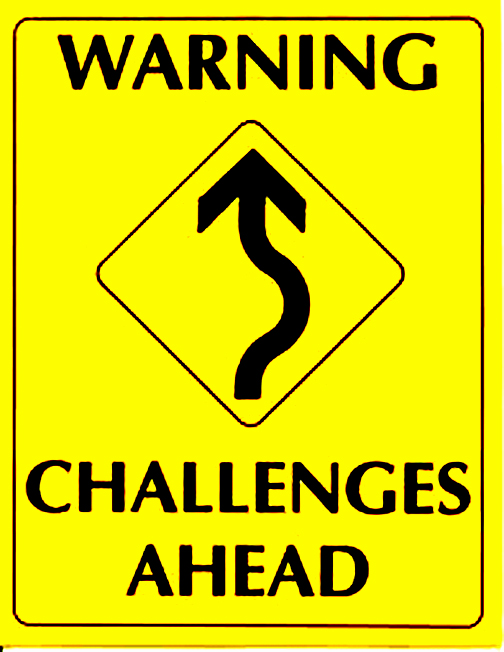Session Guitar: Can You Face Challenges and Handle Studio Pressure?

Hello, my friends!
First I'd like to ask that if you haven't already, please donate whatever you can to help those affected by Hurricane Sandy. Many friends are still without gas, heat or homes. Thank you.
In this blog post, I'd like to pose the question: Can you handle the stresses of session playing? Every day I awake to a new set of musical challenges. These must be met along with our regular, everyday personal needs.
Here's an example: Today I have four sessions to work on, a blog to write (this one) and a phone meeting about composing music for a new reality show. That's after snow blowing, exercising and finding time to relax and set myself up for this type of day. That last part is important. I take time throughout the day, as needed, to stop. Center myself. Concentrate on one thing. It keeps me focused on the job at hand, not the next three. I had that problem, and I still do. But this helps.
If you want to be a session player, one thing you'll have to be able to do is sight read. So you practice it. Guess what? All the practice in the world will amount to absolute zero if you freeze up, or stop and lose your place, or get distracted easily.
When you practice, I guarantee you are incredibly relaxed. If you are sight reading and make a mistake, you stop, then continue. That will not cut it. If you make a mistake, you must continue in time. Get used to this because in theory, when you stop, every note after the mistake is not in time anymore and is WRONG!
So here's the first challenge: Look over a piece of music you've never played but that you think you can. Then play it with a metronome going in time. Do not stop and try to not make a mistake. Record it if possible. Do this often. Get used to it. And mentally prepare yourself and focus only on the task of getting through as best you can.
All the latest guitar news, interviews, lessons, reviews, deals and more, direct to your inbox!
How about chords? Take out that Fake Book you have and open it at random to any song. If it is a jazz book, even better. But a pop one works fine. Now get the tempo set and play the chords all the way through, no stopping and in time with no mistakes. Studio trick: If you do not know the chord, play the top two or three notes of the chord you do know. Or if you can't grab the whole chord, go for the highest-pitch notes in the chord. That's all that really matters to the ear and is often all that is needed. Unless it's a solo guitar piece. Then ... you would be screwed.
Time to face some soloing challenges. How about pick 10 of your favorite players. Now lay down a basic blues progression or pop progression. Next, take a solo mimicking these players styles in one take, no stopping. Set up your sound, choose the guitar and do it. In one take. In less than 5 minutes for each player.
You MUST be able to perform. On command. Many times the sessions are relaxed, but only to a point. Because it is someone's time. And that time is costing money. Even if you are working at home, alone, the quicker you can do something correctly, the quicker you move on to the next one. Without focus, give it up.
How about a real challenge: Record every guitar part for a song in one take each in less than an hour. Take any joke of a song, like "Mary Had a Little Lamb." Now arrange it in any style, but lay down a double-tracked rhythm. Something percussive. A melody played with as much emotion as you can muster. A solo break. And maybe a few extra guitars for good measure. In one hour. Then try a real song from the fake book.
Actual personal example: I got a call to be the rhythm guitarist on a recording because the guitarist in the band was not quite cutting it. In reality he was, and is, a fine player. But he just couldn't handle the music played the way the band wanted. It was costing some serious money and there were time constraints. I said I could come in and play on all 12 songs and double track the rhythm in two hours. I got the chord charts and met with the drummer and vocalist to go over the parts. I showed up, set up, played the parts in one take each and was done before my coffee got cold. Focus. Professionalism. Facing it.
Never say you can't when I know and you know you can try. If it doesn't challenge you, it doesn't change you. If you fail and fail hard, good. You will learn a lesson faster than you can ever learn sitting at home and "practicing" without the heat on you. That's trial by fire. And that is the best teacher.
Till next time …
Ron Zabrocki on Ron Zabrocki: I’m a session guitarist from New York, now living in Connecticut. I started playing at age 6, sight reading right off the bat. That’s how I was taught, so I just believed everyone started that way! I could pretty much sight read anything within a few years, and that aided me in becoming a session guy later in life. I took lessons from anyone I could and was fortunate enough to have some wonderful instructors, including John Scofield, Joe Pass and Alan DeMausse. I’ve played many jingle sessions, and even now I not only play them but have written a few. I’ve “ghosted” for a few people that shall remain nameless, but they get the credit and I got the money! I’ve played sessions in every style, from pop to jazz.
